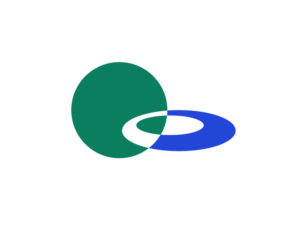Don’t Underestimate Japan’s Cosmetologists Act!
There are many foreigners who, for a variety of reasons (i.e., they didn’t know, it’s not against the law in their home countries, etc.), commit crimes and face legal punishment in Japan. One might feel sorry for these foreign nationals who are accused of breaking the law, but persons who perform beauty treatments without a license put clients at risk.
A cosmetician (biyōshi/美容師) is “a person who is engaged in the beauty business,” and must be licensed by the Ministry of Health, Labor, and Welfare under the Cosmetologists Act (Biyō Shihō/美容師法). This is regardless of whether or not that person will collect a salary from their activities. Persons without a license cannot perform or engage in beauty services.
‘Beauty’ is defined as “improving one’s appearance by means of a permanent wave [perm], hairdressing, cosmetics, etc.;” the acts of dying one’s hair and getting eyelash extensions are also included in this definition.
‘Beauty business’ pertains to hair coloring, styling, perms, and hair cutting; it also includes nail care, eyelash extensions, facial treatments, etc. These treatments and services cannot be performed without a valid license.
Punishments for breaking the Cosmetologists Act:
As stated in Article 6 of the Cosmetologists Act, “It is not permissible for someone to engage in beauty business activities/services if he or she is not a cosmetologist.” Anyone in violation of this law is punishable by a fine of up to ¥300,000.
So, does this mean that someone has broken the law if they cut their friend’s or family’s hair, regardless if they have their permission and/or whether it was done for profit?
In principle, it is not a crime so long as someone does not provide services as a business, but caution is necessary. There are situations where someone’s activities and services may be recognized as being a business even if that was not their intention in the first place. Penalties apply to cases like this so please be careful.
Cutting another person’s hair without their consent is an act which causes harm to that person. Therefore, it may be considered a crime of inflicting injury under Article 204 or as assault under Article 208 of the Penal Code. In addition, if someone files a civil claim for damages, they may be able to make the other party pay a reasonable amount of money.
In the eyes of the law, you can quite literally be “hanging by a thread” when dealing with other people’s hair.


